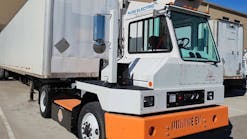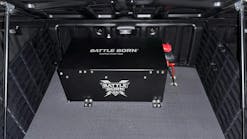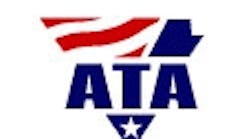The American Trucking Associations (ATA) told a congressional committee that a cap-and-trade program would impose significant costs on truckers and American consumers.
In his statement on behalf of ATA, Tommy Hodges, ATA first vice-chairman, said the American Clean Energy and Security Act of 2009 (HR 2454) threatens to increase fuel costs and jeopardizes economic viability of trucking companies.
“Fleets are extremely sensitive to rapidly shifting operating costs given thin operating margins,” said Hodges. “These margins continue to be chipped away, given the numerous and unprecedented costs being imposed upon the industry to reduce emissions from trucks.”
Hodges said HR 2454’s cap-and-trade program grants oil refiners 2% of the carbon allowances between 2014 and 2016 to help mitigate refinery greenhouse gas emissions.
“This amount is inadequate and will result in significant price increases for refined products,” said Hodges. “The 2% allotment to refineries over a two-year period covers the refineries’ facility emissions but totally ignores carbon emissions from the combustion of petroleum products, leaving downstream users, such as trucking companies, exposed to dramatic and sudden fuel price spikes.”
Hodges also serves as chairman of ATA’s Sustainability Task Force, which developed a sustainability agenda that will reduce fuel consumption by 86 billion gallons and carbon dioxide emissions by 900 million tons for all vehicles over the next 10 years. This will be achieved by: setting governors on new trucks to limit speeds to no more than 65 mph; reducing the national speed limit to 65 mph for all vehicles; reducing engine idling; reducing congestion by improving highways; using more productive truck combinations; supporting national fuel economy standards for trucks; and increasing fuel efficiency by encouraging participation in the US EPA SmartWay Transport Partnership Program.
For ATA’s entire sustainability report with explanations, visit www.trucksdeliver.org.









